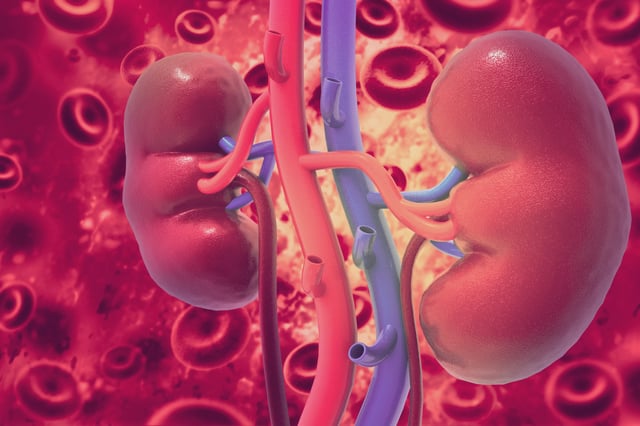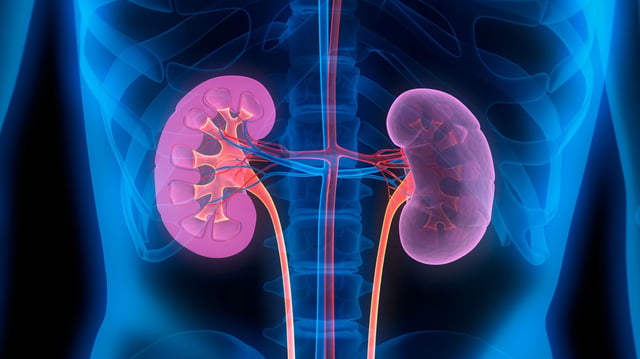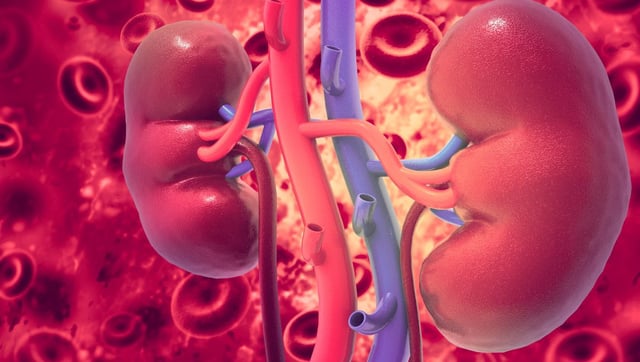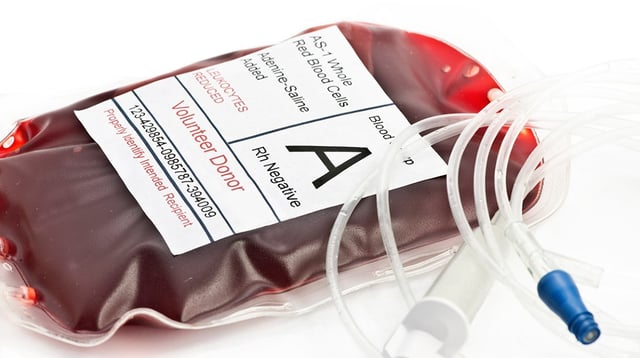Overview
- Researchers removed type-A antigens from a donor kidney to create a type-O organ using enzymes first identified in 2019 by a University of British Columbia team.
- The converted kidney was transplanted into a 68-year-old brain-dead recipient in Chongqing, China, allowing direct observation of immune responses without risking a living patient.
- For two days post-transplant there were no signs of hyperacute rejection, after which some blood-type markers reappeared on day three with only a mild reaction.
- The graft produced urine for six days and showed early signs of accommodation, indicating less severe injury than typical ABO-incompatible transplants.
- Investigators say the approach could expand access to deceased-donor organs—especially for type-O patients—and they plan to seek regulatory approval for clinical trials with development led by Avivo Biomedical.



